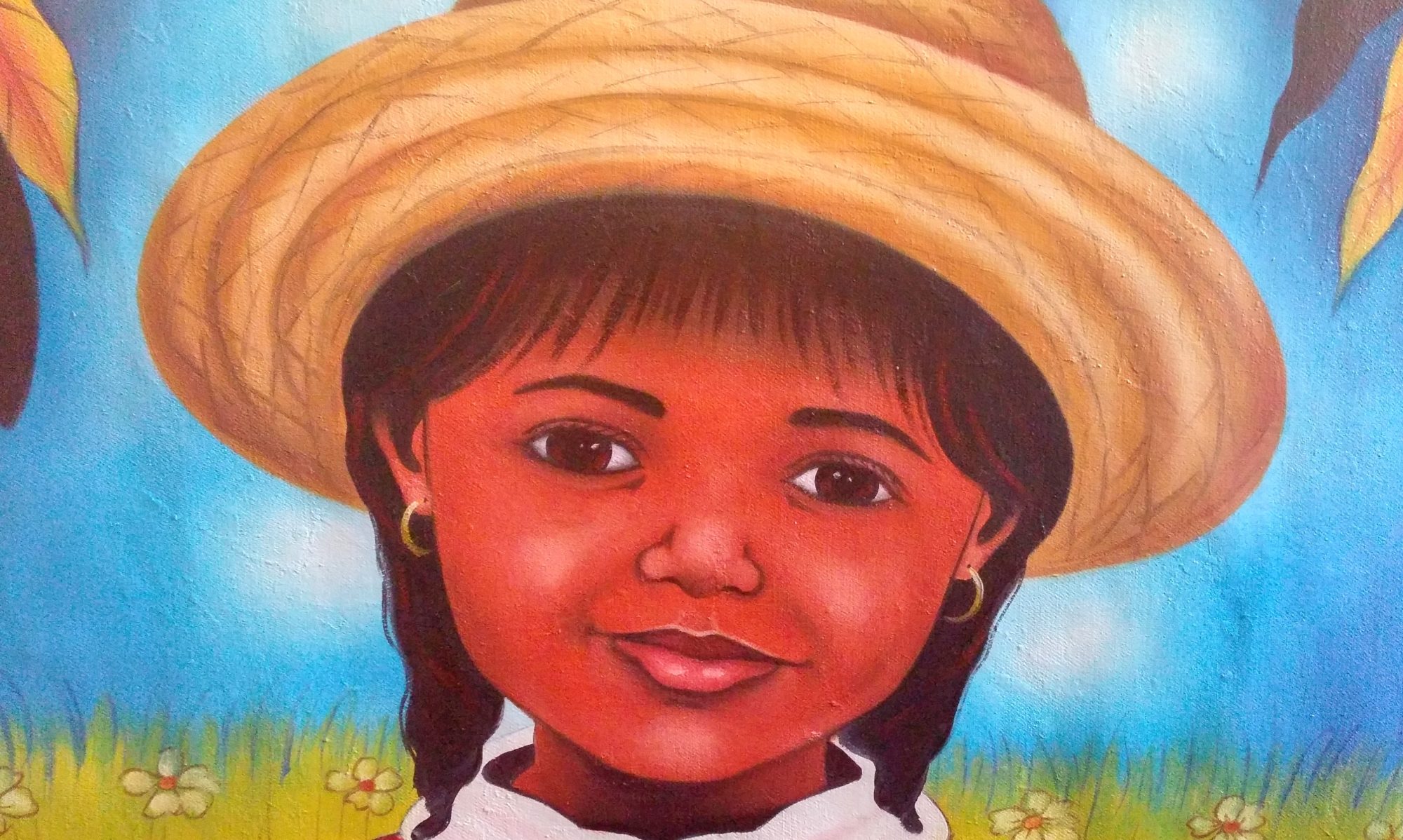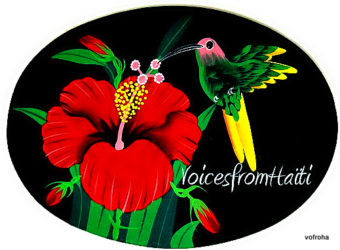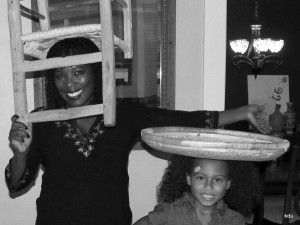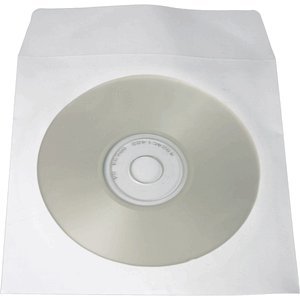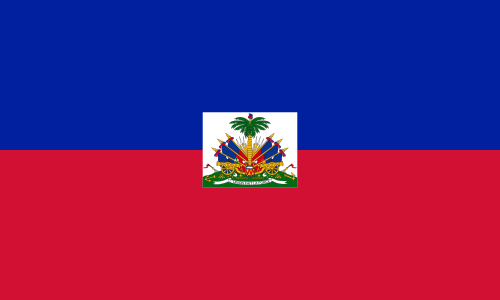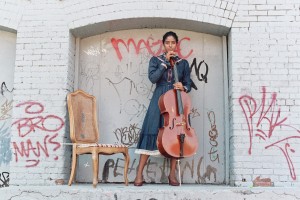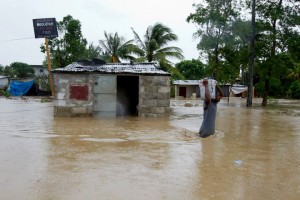 They say Isaac is not a full-blown hurricane. Don’t they know that in Haiti one drop of rain can kill ten people? “Listen to that wind,” says Saint-Louis E. “I am ready to evacuate, but where am I supposed to go? Another tent camp?”
They say Isaac is not a full-blown hurricane. Don’t they know that in Haiti one drop of rain can kill ten people? “Listen to that wind,” says Saint-Louis E. “I am ready to evacuate, but where am I supposed to go? Another tent camp?”
I have to anchor myself to something that won’t blow away. But nothing here is solid, not even a rock. Isaac won’t leave until he swallows at least a few lives; this time, it might be mine and my children’s. Just listen to that rain slapping the ground.
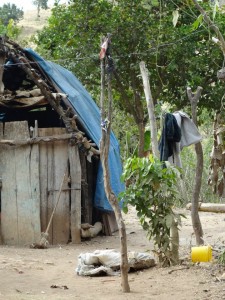
Thirty-two months after the earthquake, I still live under four warped sticks and a tarp. I am not alone. There are hundreds of thousands like me. We’re waiting to see what Isaac will do. The storm is just another head of the same misery that visits Haiti morning, noon, and night. When you cut off one head, three more grow in its place.
—————–
Snapshots from Isaac
There’s an elderly woman standing by the tree that had fallen on her front porch. Her former roof–rusty sheets of corrugated tin–is now on the ground. The woman’s hands are cocked on her hips. Isaac had come to get her, but left without her. She’d survived hundreds of tropical storms and full-blown hurricanes all her life. The storms come like thieves that steal from her. They’ve left her destitute numerous times. Each time one comes, she digs her feet deeper in the ground. No hurricane-force wind will take her. She’ll leave only when she’s ready.
The day after Isaac lashed Haiti, a beautiful young man–with a towel draped over his flawless face–toured the damage in Jacmel. He came with an armed entourage that kept watch over him. The beautiful young man strutted like a peacock. There were blinding headlights from the line of SUVs following closely behind. The young man hadn’t walked far before his “Isaac Picture” was taken. Rain was coming down, but the young man’s shirt was mostly dry. He walked like an actor on a set. He seemed confident. He must have rehearsed his role for a long time. He must have known his lines by heart.
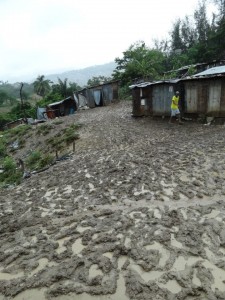
The young man and his crew visited a makeshift shelter for a few evacuees. The cameras took pictures of everything and everyone. Some of the people in the room shielded their faces; they did not want to be seen like this.
Someone distributed shiny cans of food. The hungry evacuees held the cans and smiled for the cameras. A few defied the armed photographer, and kept their heads down. They asked for a can-opener. Did anyone remember to bring a can-opener?
